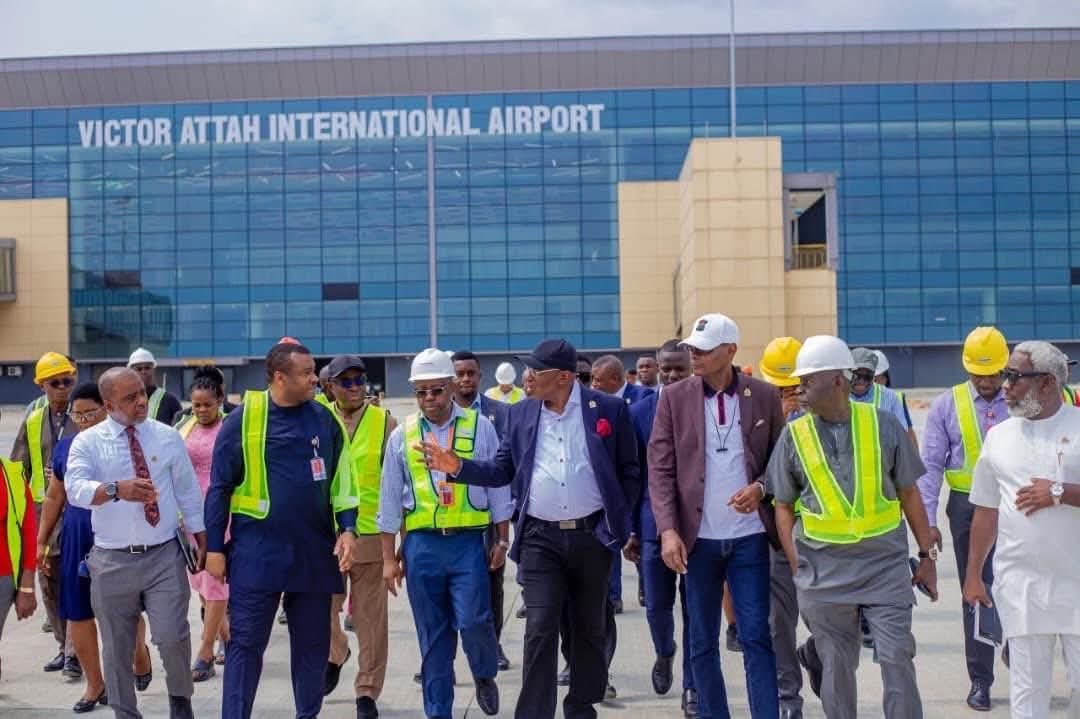By Joseph Odok
The Academic Staff Union of Universities (ASUU) is mobilizing for protests and potentially a strike in August 2025 due to several unresolved issues with the Federal Government of Nigeria. The planned protests and potential strike raise concerns among students and parents about disruptions in the academic calendar, especially considering the current economic hardship in Nigeria.
In previous months, ASUU has expressed dissatisfaction with the government’s handling of issues affecting universities. Besides issues concerning welfare and failures of government to respect previous agreements, the union’s president, Prof Chris Piwuna, has also warned that universities are becoming battlegrounds for political and economic interests, which is unacceptable. The threats of ASUU’s planned mobilization of its branches for protest and threats of strike is coming on after the Tinubu’s government has boasted about having no strike by the Academic Staff Union of Universities (ASUU) in the past two years of the administration.
The administration pointed out that universities have been open without any nationwide ASUU strike during Tinubu’s tenure, unlike in previous years where strikes were almost an annual occurrence. Despite these claims by government, ASUU has expressed concerns that the Tinubu government is stalling on renegotiation efforts and failing to address other union demands, including payment of withheld salaries from a 2022 strike.
In its August 16-17, 2025 meeting, held at Usmanu Danfodio University, Sokoto (UDUS), the Academic Staff Union of Universities (ASUU) National Executive Council (NEC) resolved to organize protests across all branches simultaneously on a fixed date due to the government’s slow pace in addressing issues in contention.
The Federal Government of Nigeria has launched the Tertiary Institution Staff Support Fund (TISSF), an interest-free loan scheme for academic and non-academic staff of tertiary institutions. This initiative aims to improve staff welfare, professional capacity, and financial stability. The loan scheme was aimed at giving up to ₦10 million, capped at one-third of the staff member’s annual gross salary with a repayment plan of over five years with a one-year grace period. Those eligible for the loan were to be confirmed full-time employees of federal universities, polytechnics, colleges of education, and one state-owned institution per state, with at least five years left before retirement
ASUU and other Unions rejected the TISSF loan scheme, describing it as a “perpetual financial burden and indeed a “poisoned chalice”. ASUU condemned the Tertiary Institutions Staff Support Fund (TISSF) and rejected the proposal to conscript the union as a “Guarantor” of loans under TISSF and demands to be delisted from the process.
The unions demand payment of outstanding arrears owed to its members instead of the loan scheme.
Other Key Issues Leading to Strike Threats include:
Unfulfilled 2009 Agreement: ASUU wants the Federal Government to implement the 2009 agreement regarding revitalizing public universities.
Outstanding Salaries and Allowances: Issues include unpaid salaries, earned academic allowances, and problems with the Integrated Payroll and Personnel Information System (IPPIS).
Funding for Public Universities: ASUU is concerned about poor funding for revitalizing public universities.
NEC discussed the government’s slow pace in addressing issues. In June 2024, ASUU and the Federal Government reached an agreement to resolve contentious issues after a closed-door meeting, averting a strike. However, ASUU has continued to express concerns over the government’s commitment to addressing these issues.
Members of the University community and its affiliate have constantly experienced the weaponization of Poverty and declining fortunes in Nigerian Universities. Poverty has been deliberately sustained through governance failures, weak institutions, and corruption to limit socio-economic mobility and silence resistance among Nigerian academics.
The University environments today are defined by declining fortunes of Nigerian Academics, salary erosion, with Professors’ salaries drastically reduced in value since 2009 due to inflation and currency depreciation. A professor’s monthly salary is approximately $300 USD while academic staff often self-fund research needs due to negligible allocations within university budgets.
There are issues of deteriorating conditions leading to mass resignations, international migration, and declining morale. Compared to countries like the United States, United Kingdom, Germany, and South Africa, Ghana and even some West African countries, Nigerian academics face poor infrastructure, low salaries, and unstable academics.
These lead to consequences of erosion of academic integrity, Reduced global visibility, Weak innovation ecosystem, Decline in graduate quality. ASUU has given the government time to address pending issues after a planned meeting on August 28, 2025. The outcome of this meeting will determine the union’s next line of action.
The Federal Government (FG) needs to avert an Academic Staff Union of Universities (ASUU) strike due to several pressing issues affecting Nigerian universities. After boasting about achieving two years without an ASUU strike, the current tensions make avoiding a strike crucial.
Government needs to address the unresolved demands of ASUU including renegotiation of the 2009 ASUU-FGN Agreement, revitalization of universities, sustainable funding, and addressing victimization in certain colleges. Government should create other ways to raise the salaries and wages of ASUU.
There is more urgency of raising wages of University Staff than Politicians’ Salaries by Revenue Mobilization Allocation and Fiscal Commission (RMAFC)/National Salaries, Income and Wages Commission (NSIWC). Universities play a crucial role in national development, producing skilled workforce, driving research, and fostering innovation.
Adequate compensation for university staff is essential for maintaining educational quality and attracting talent. Within the argument of comparative compensation, Politicians often have salaries and benefits that are significantly higher compared to university staff. Redirecting focus towards improving wages of university staff can enhance productivity and morale in a sector critical for long-term national growth.
Investing in universities through better wages for staff can lead to a significant impact on National Development when government policies drive better-educated citizens, improved research output, and overall socio-economic development. This has long-term benefits compared to increasing politicians’ salaries. Low wages can demoralize University Staff, affecting their productivity and the quality of education. Addressing these challenges can lead to improved outcomes in education and research. Prioritizing Essential Sectors like the Universities is key. Allocation of resources to sectors like education that have a direct impact is a game changer.
Potential Consequences of a Strike:
A strike could lead to disruptions in the academic calendar, affecting students and parents, especially considering Nigeria’s current economic hardship. The group fragile political environment is a thing of concern especially due to the anger in the land and possiblity of hijack of protest and consequent break down of law and order. The security institutions have so much of cases of insecurity to contain with that moderating protest should never be an added burden
Pathways to Government Reform of University system:
Salary Realignment: Government should peg Nigerian academic salaries to African benchmarks and align with Organization for Economic Co-operation and Development (OECD) standards.
Research Empowerment: Reinstate research budget lines and establish national grant frameworks.
Institutional Renewal: Upgrade infrastructure.
Governance Reform: Merit-based, depoliticized promotion and recruitment.
Global Integration: Expand academic exchanges and joint research.
Odok PhD Esq, is a social critic and political Analyst. A teacher with the University of Calabar.










